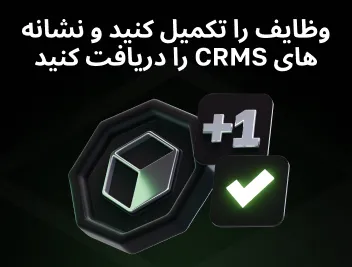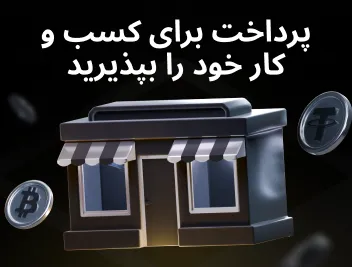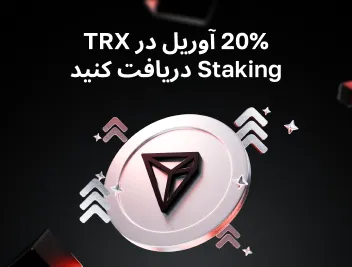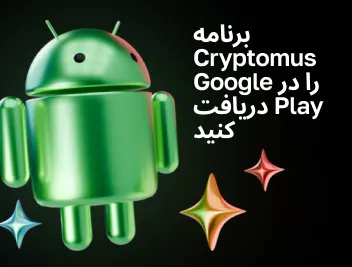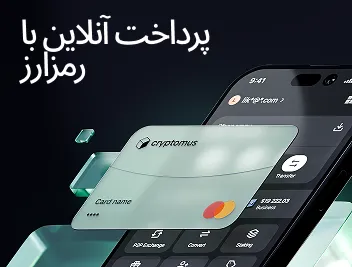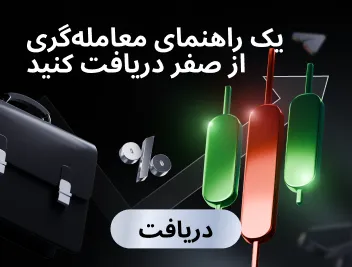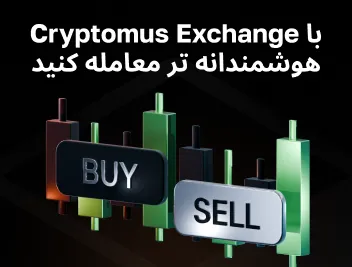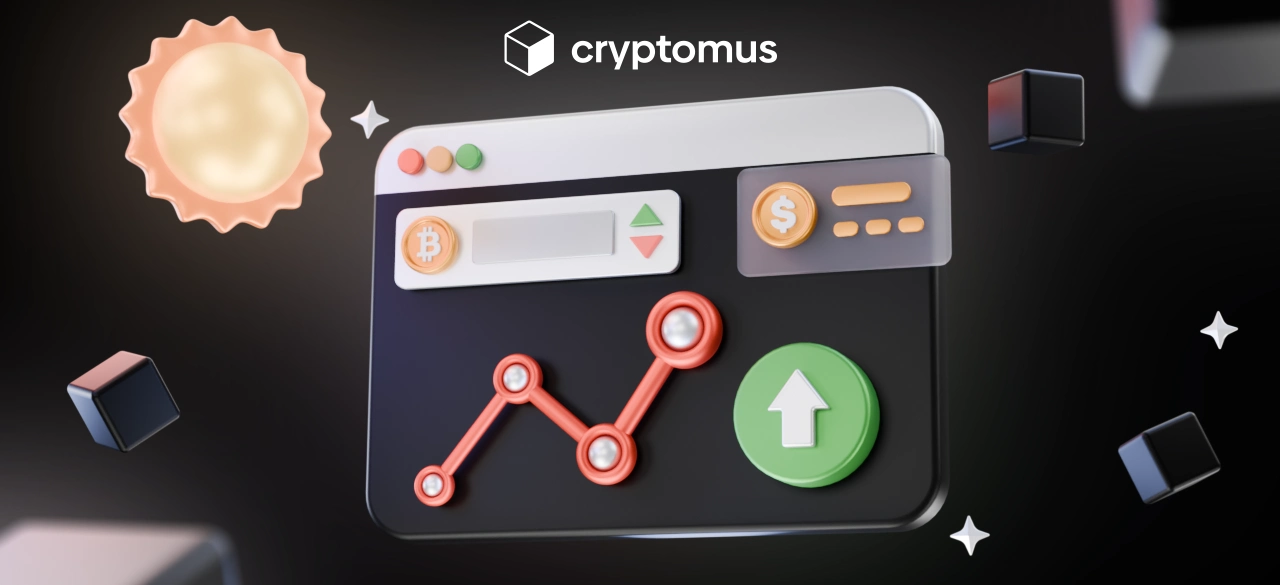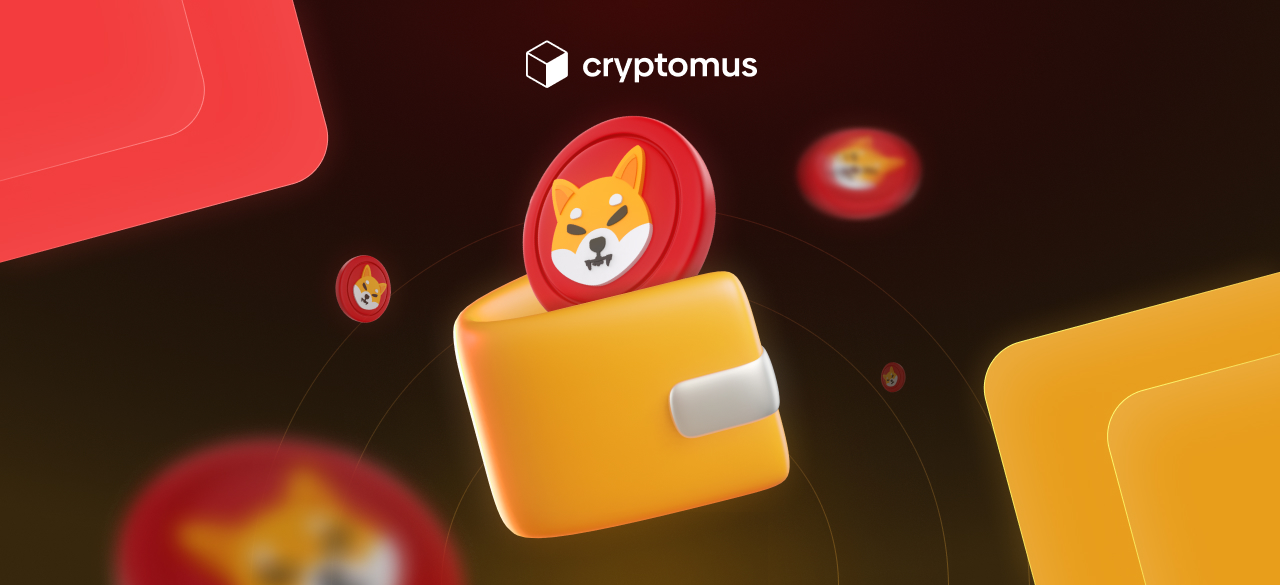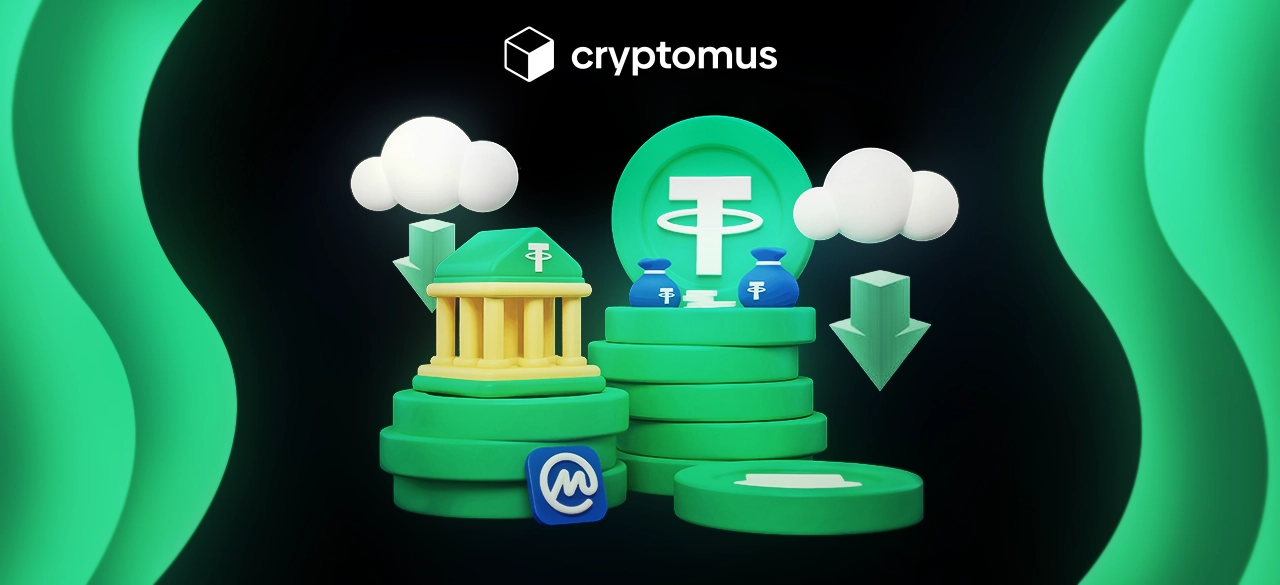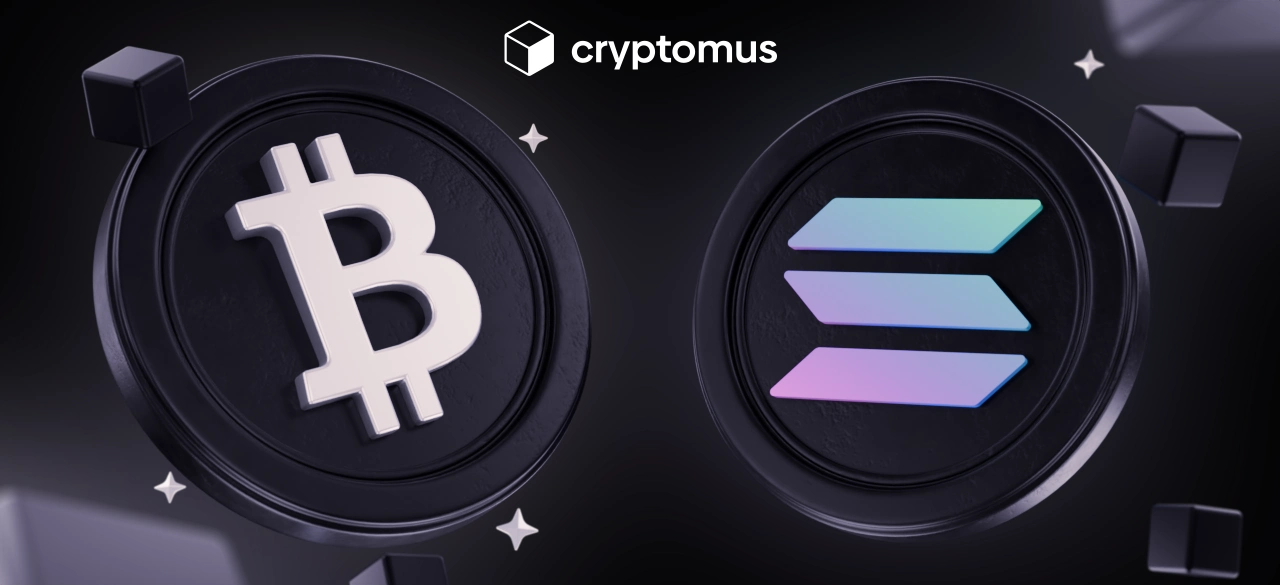
بیت کوین در مقابل سولانا: مقایسه ای کامل
فهرست مطالب
دنیای ارزهای دیجیتال همچنان در حال توسعه است؛ با این حال، بیتکوین و سولانا همچنان در مرکز بحثها درباره داراییهای امیدوارکننده قرار دارند. به جلو نگاه میکنیم، سولانا به رقیب قوی تبدیل میشود که به دلایل مختلف، اغلب در موقعیت بالاتری نسبت به بیتکوین قرار دارد. با ما همراه باشید تا بیشتر بیاموزید!
بیتکوین (BTC) چیست؟
اول از همه، بیایید در مورد بیتکوین صحبت کنیم. این ارز توسط فردی ناشناس یا سازمانی تحت نام مستعار ساتوشی ناکاموتو در سال ۲۰۰۹ توسعه یافت. آنها بیتکوین را به عنوان یک سیستم دیجیتال همتا به همتا برای غیرمتمرکز کردن مالیات و ارائه یک جایگزین برای تراکنشهای سنتی راهاندازی کردند. در آن زمان، هیچکس نمیتوانست تصور کند که اولین ارز دیجیتال به مدت ۱۵ سال مشهورترین خواهد بود. امروز، شما درباره این ارز در همه جا میشنوید: در رسانههای اجتماعی، در محل کار، در گفتگو با دوستان. علاوه بر این، بسیاری از تجار و شرکتها BTC را به عنوان یک روش پرداخت میپذیرند.
بیتکوین اغلب به عنوان "طلای دیجیتال" نامیده میشود. با سقف ۲۱ میلیون واحد، سرمایهگذاران آن را به عنوان یک محافظ در برابر تورم و یک پناهگاه امن برای داراییهای کریپتو در نظر میگیرند. این یکی از دلایل محبوبیت گسترده بیتکوین است. با وجود تمام قوتهایش، بیتکوین با چالشهایی در زمینه مقیاسپذیری، هزینههای بالای تراکنش و مصرف انرژی روبرو است. این عوامل ممکن است مانع از دستیابی به موقعیت غالب آن شوند.
سولانا (SOL) چیست؟
سولانا در پایان سال ۲۰۱۷ توسط مهندسان سابق شرکتهای اینتل و دراپ باکس راهاندازی شد. این ارز به سرعت به عنوان یک بلاکچین با عملکرد بالا شناخته شد. امروزه، این ارز به طور مکرر به عنوان "ستاره در حال صعود" نامیده میشود.
به لطف مکانیزم زنجیرهای واحد آن، سولانا مقیاسپذیری را بدون از دست دادن غیرمتمرکز بودن یا امنیت ارائه میدهد. به همین دلیل است که این ارز میتواند تراکنشهای سریع، مقیاسپذیر و کمهزینه را امکانپذیر کند و به گزینهای جذاب برای بیتکوین و سایر ارزهای دیجیتال تبدیل شود.
سولانا با استفاده از الگوریتم PoH (Proof-of-History) ابزارها و منابع قابل اعتمادی برای توسعه فراهم میکند. این روش به رشد اکوسیستم dApps، DeFi و پروژههای NFT کمک میکند. به همین دلیل است که مکانیزم سولانا از نظر انرژی بهینهتر است و "معدنکاری سبز" را ترویج میکند. الگوریتم PoW (Proof-of-Work) بیتکوین در میان فعالان زیستمحیطی مورد انتقاد است.
بیتکوین در مقابل سولانا: تفاوتهای کلیدی
بیایید به تحلیل تفاوتهای اصلی بین این ارزهای دیجیتال قبل از انجام مقایسهای دقیقتر بپردازیم.
اهداف
اولاً، آنها اهداف مختلفی دارند. بیتکوین عمدتاً به عنوان یک ارز دیجیتال و ذخیره ارزش در نظر گرفته میشود. سولانا بر روی ساخت برنامههای غیرمتمرکز (dApps) با یک اکوسیستم بلاکچین با عملکرد بالا تمرکز دارد.
ساختار اکوسیستم
آنها از نظر ساختارهای اکوسیستم مشابه نیستند. بیتکوین حول ارزش آن به عنوان یک ذخیره و سرمایهگذاری متمرکز است. سولانا از طیف وسیعی از برنامههای غیرمتمرکز، NFT و پروژههای DeFi پشتیبانی میکند به دلیل تراکنشهای سریع و ارزان آن. اکوسیستم سولانا به سرعت در حال رشد است، با بسیاری از همکاریها که به کارایی و منحصربهفرد بودن آن افزوده میشود. این افزایش در حال جذب سرمایهگذاران و کاربرانی است که به دنبال جایگزینی برای شلوغی و هزینههای بالای بیتکوین هستند.
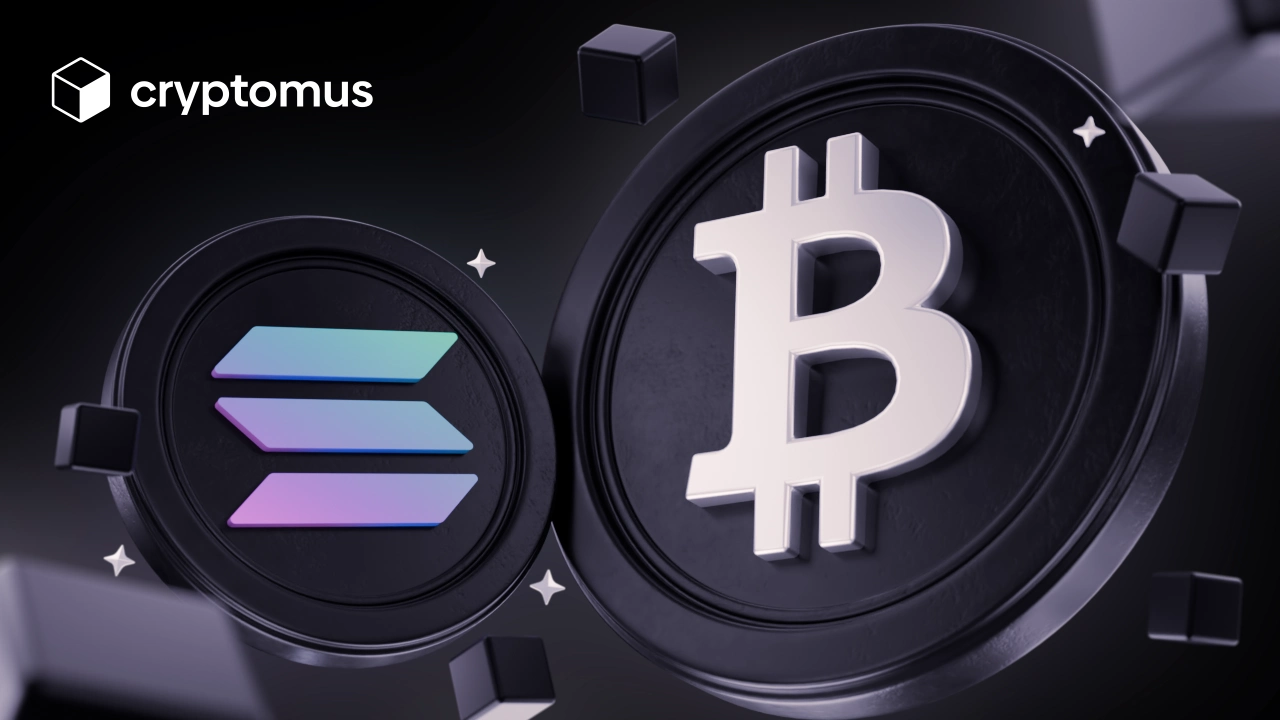
عرضه
مهم است که به کل عرضه توجه کنیم: بیتکوین دارای عرضه محدودی از ۲۱ میلیون واحد است که آن را ضدتورمی میکند. سولانا عرضه حداکثری ندارد، هرچند که دارای نرخ تورم سالانه ثابت است که با گذشت زمان کاهش مییابد. علاوه بر این، سولانا توجه قابل توجهی از سرمایهگذاران نهادی جلب کرده است. این توجه جهانی پتانسیل آن را تأیید میکند و پشتیبانی مالی لازم برای توسعه و پذیرش بیشتر را فراهم میآورد.
سرعت تراکنش
سرعت تراکنش یک جنبه بسیار مهم هنگام خرید و فروش ارز دیجیتال است. سرعت متوسط BTC حدود ۷ تراکنش در ثانیه (TPS) است. زمان تأیید معمولاً ۱۰ دقیقه به ازای هر بلوک طول میکشد، هرچند که این زمان میتواند بسته به ترافیک شبکه متفاوت باشد. این کارایی نسبتاً پایین به دلیل الگوریتم اجماع Proof-of-Work (PoW) شبکه بیتکوین است. بنابراین، امنیت و غیرمتمرکز بودن سرعت را در اولویت قرار میدهند.
مکانیزم منحصر به فرد Proof-of-History (PoH) سولانا میتواند تا ۶۵,۰۰۰ TPS را پردازش کند که بسیار برتر از "طلای دیجیتال" است. زیرا بلاکچین سولانا میتواند با هزینههای بسیار پایین بسیاری از تراکنشها را در ثانیه پردازش کند، بسیاری از افراد پتانسیل SOL را برای تبدیل شدن به بیتکوین بعدی میبینند.
هزینهها
بعدی که به مقایسه خواهیم پرداخت هزینههای تراکنش است. کمیسیون بیتکوین بسته به شلوغی شبکه متفاوت است. به طور متوسط، این هزینهها از چند سنت تا چند دلار به ازای هر تراکنش متغیر است.
با این حال، زمانی که بلاکچین دچار بار زیادی میشود، هزینهها میتوانند به طور چشمگیری افزایش یابند و گاهی اوقات در اوج زمانها به بیش از ۲۰ دلار برسند. این هزینهها به معدنکاران پرداخت میشود که عملیات با هزینههای بالاتر را در اولویت قرار میدهند. بنابراین، کاربران میتوانند برای تأیید سریعتر عملیات خود هزینه بیشتری پرداخت کنند.
هزینههای سولانا بسیار پایین است؛ هزینه متوسط آن حدود ۰.۰۰۰۲۵ دلار به ازای هر تراکنش است. این هزینههای حداقلی به دلیل کارایی بالا شبکه سولانا است که میتواند تعداد زیادی از عملیات همزمان را پردازش کند. توان پردازش سریع سولانا منجر به هزینههای بسیار پایین میشود که برای مشتریان و بازرگانان مؤثرتر است.
امنیت
امنیت جنبهای بنیادی از هر بلاکچین است که بر مقاومت در برابر حملات هکرها تأثیر میگذارد.
حفاظت از شبکه بیتکوین توسط الگوریتم اجماع Proof-of-Work (PoW) تأمین میشود. این با نرخ هش بالای بلاکچین پشتیبانی میشود. این نشاندهنده قدرت محاسباتی عظیمی است که به معدنکاری اختصاص داده شده و باعث میشود که کنترل شبکه برای هر نهاد واحد بسیار دشوار باشد.
رویکرد امنیتی سولانا ترکیبی از الگوریتمهای Proof-of-Stake (PoS) و Proof-of-History (PoH) را برای ارائه توان پردازش بالا و تأخیر کم به کار میبرد. در حالی که این معماری به سولانا اجازه میدهد که طیف وسیعی از عملیات را به سرعت پردازش کند، آن به یک شبکه کوچکتر از اعتبارسنجها نسبت به بیتکوین متکی است. این تفاوت در اندازه شبکه میتواند بر ثبات تأثیر بگذارد، زیرا اعتبارسنجهای کمتر میتوانند به خطر تمرکز زدایی منجر شوند که به معنای این است که دادههای شما ممکن است در معرض خطر باشند.
با وجود سرعت سولانا، این ارز با مشکلاتی از جمله خرابیهای بلاکچین مواجه شده است که اغلب به دلیل پهنای باند بالا و الگوریتمهای اجماع پیچیده آن است. این حوادث نشاندهنده تبادل بین عملکرد شدید و ثبات در بلاکچین در حال تکامل سریع است.
بیتکوین در مقابل سولانا: کدامیک برای خرید بهتر است؟
ما نمیخواهیم یکی از ارزهای دیجیتال را بر دیگری توصیه کنیم، زیرا انتخاب بستگی به نیازهای شما دارد.
یتکوین عمدتاً به عنوان ذخیره ارزش و معیاری برای تبادل در نظر گرفته میشود. زمینه اصلی استفاده ازب BTC به دلیل ماهیت ضدتورمی و امنیت آن است. اگر به دنبال روشی قابل اعتماد برای حفظ ارزش داراییها هستید، بیتکوین ممکن است گزینه مناسبتری باشد.
سولانا نقاط قوت رقیب خود را از طریق عملیات سریع و کمهزینه، پشتیبانی قوی از قراردادهای هوشمند و dApps ترکیب میکند. این عوامل باعث میشود که SOL چندمنظوره و سازگار باشد. با این حال، سولانا به طور مستقیم از نظر تکنولوژی، هدف یا الگوریتمهای اجماع از بیتکوین پیروی نمیکند، اما قیمت و رفتار بازار آن اغلب تحت تأثیر BTC است. اگر به پتانسیل رشد در اکوسیستم علاقهمند هستید، سولانا میتواند گزینه جذابی باشد.
بیتکوین در مقابل سولانا: مقایسه رو در رو
برای وضوح، به جدول زیر نگاه کنید و تفاوتهای کلیدی بین ارزهای دیجیتال مشهور را بررسی کنید:
| ارز دیجیتال | مسئله سکه | اجماع | هدف | قیمت | سرعت | مقیاسپذیری | |
|---|---|---|---|---|---|---|---|
| بیتکوین | مسئله سکهمحدود به ۲۱ میلیون سکه | اجماعProof-of-Work (PoW) | هدفارز دیجیتال و ذخیره ارزش | قیمتبالاتر، به عنوان “طلای دیجیتال” دیده میشود | سرعت~۱۰ دقیقه به ازای هر عملیات | مقیاسپذیری۷-۸ TPS | |
| سولانا | مسئله سکهبدون سقف حداکثری | اجماعProof-of-History (PoH) + Proof-of-Stake (PoS) | هدفبرنامههای غیرمتمرکز با سرعت بالا | قیمتپایینتر، اکوسیستم در حال رشد سریع | سرعت~۴۰۰ میلیثانیه به ازای هر عملیات | مقیاسپذیری۶۵,۰۰۰+ TPS |
هر ارز دیجیتالی که انتخاب کنید، Cryptomus به شما این امکان را میدهد که به راحتی بیتکوین و سولانا را بفروشید اگر تصمیم به نقد کردن داراییهای خود بگیرید. برای اطلاعات بیشتر اینجا بخوانید.
از توجه شما سپاسگزاریم! امیدواریم این مقاله برای شما مفید بوده باشد. در نظرات بنویسید که کدامیک از دو رقیب را ترجیح میدهید.
سفر رمزنگاری خود را ساده کنید
آیا می خواهید ارزهای رمزنگاری شده را ذخیره، ارسال، پذیرش، سهام یا معامله کنید؟ با Cryptomus همه چیز امکان پذیر است - ثبت نام کنید و وجوه ارز دیجیتال خود را با ابزارهای مفید ما مدیریت کنید.
شروع کنید
